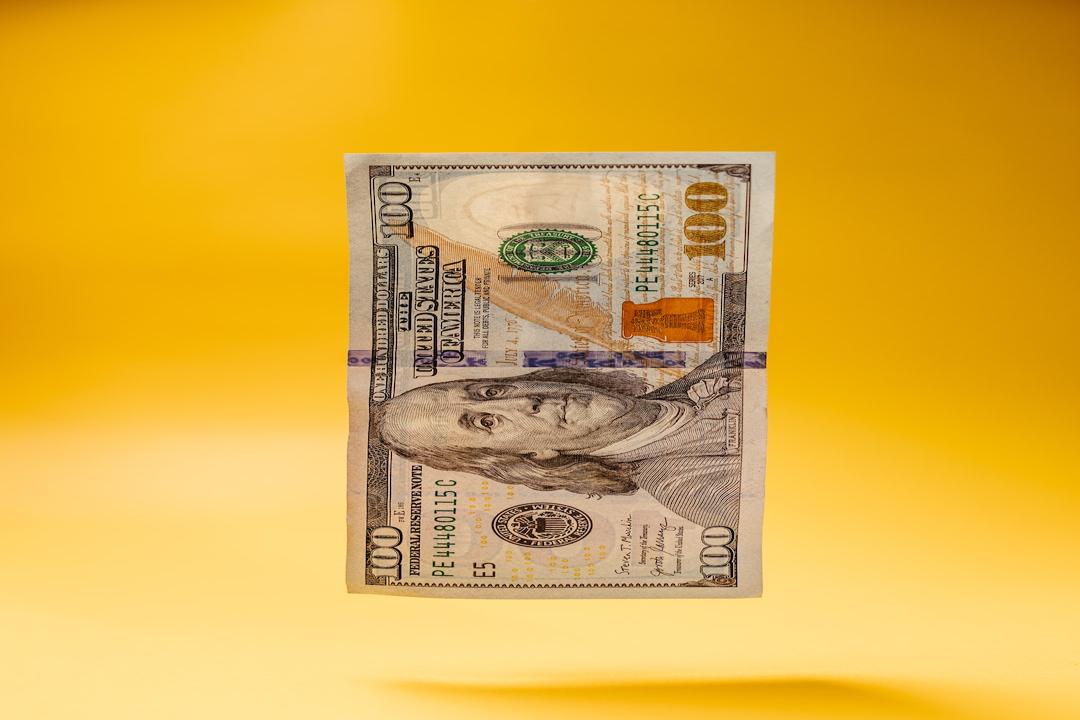Update (June 11 at 15:58): An update has been made to this article to explain that the decentralized exchange will keep operating as SushiSwap under the management of Sushi Labs. Furthermore, Sushi has made it clear that its community will remain actively involved in governance decisions.
After a long period of debate, SushiSwap, the decentralized exchange, has unveiled a new strategy for its ecosystem. The introduction of Sushi Labs marks a new chapter that merges the decentralized autonomous organization (DAO) with a “council structure.”
On June 11, the protocol launched Sushi Labs, an independent administrative, technical, and operational entity responsible for overseeing the Sushi ecosystem. Initially proposed in March, the overhaul aims to address market demands and user needs, particularly in response to the protocol’s slow adaptation to market changes due to complex governance processes.
The new Labs model will function under a council structure similar to that of Synthetix, a derivatives protocol, which consists of four councils: Sushi High Kitchen, Treasury Council, Grants Council, and Ambassador Council. The High Kitchen, made up of six to eight members, serves as the central governing body for the protocol, overseeing a multisig setup for transactions.
Jared Grey, now the managing director of Sushi Labs, expressed optimism about the changes in a memo to the Sushi community, stating, “With our new organizational structure, ample budget, and by utilizing successful products like Route Processor, we have the means to improve liquidity on the Sushi DEX.”
Sushi Labs will now manage the DAO’s budget, which includes 25 million SushiSwap (SUSHI) tokens. Tokenholders will retain the power to determine treasury allocations but will not be involved in operational matters.
According to DefiLlama data, Sushi earned $1.62 million in fees in May, with revenue totaling $270,500 for the month, a significant drop from its performance in the previous bullish market cycle. In May 2021, Sushi generated $14.37 million in revenue after collecting $86.24 million in fees.
Another significant change is the introduction of a multitoken product suite, which aims to distribute product costs and provide more reward opportunities for tokenholders. The statement from Sushi suggests that a multi-token ecosystem will reduce the risk of Sushi token inflation and alleviate financial pressures when funding DAO initiatives that are not profitable.
The new model has sparked controversy due to its centralized nature, with community members accusing the protocol of a hostile takeover. Some members believe that the Sushi DAO has reached the end of its journey.
Since 2022, SushiSwap has been grappling with financial difficulties, prompting a reassessment of its tokenomics after Grey warned of a $30 million loss in liquidity provider incentives. In December 2022, the decentralized exchange revealed that it only had 1.5 years of operational runway, leading to a renewed focus on diversifying its treasury and enhancing liquidity management.
In a statement to Cointelegraph, Sushi Labs emphasized that the community will remain a crucial part of the new business model. The spokesperson explained that the community will have an active role in governance through the council structure, with community members participating in discussions and decision-making processes.
Sushi believes that the new governance model offers the community a more organized and efficient framework for decision-making.

